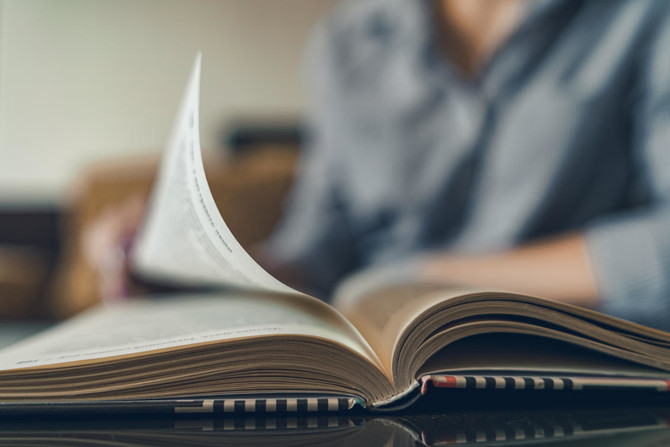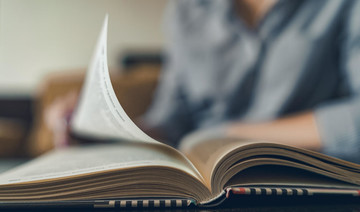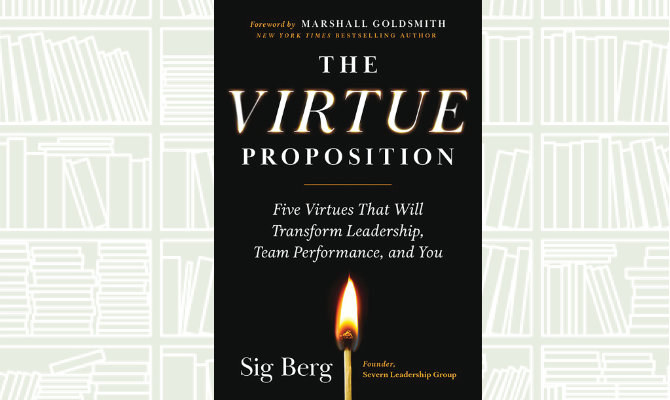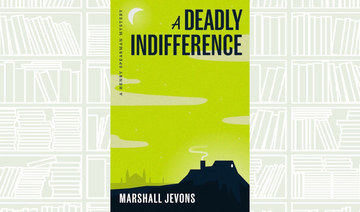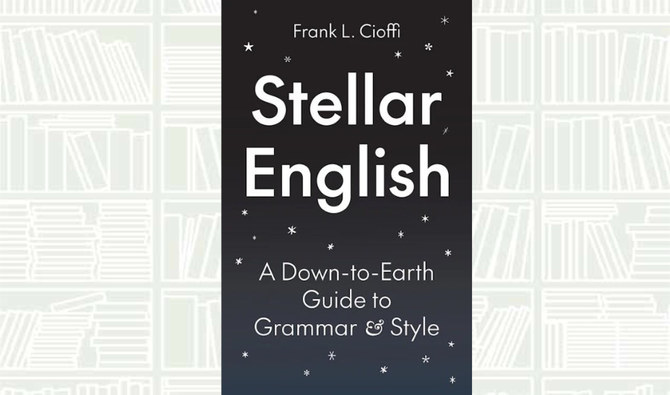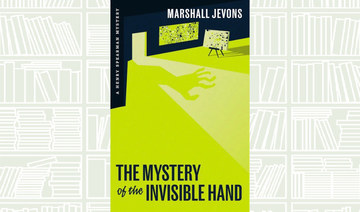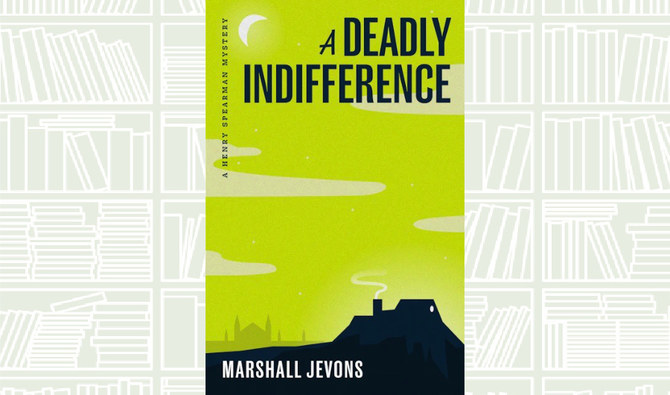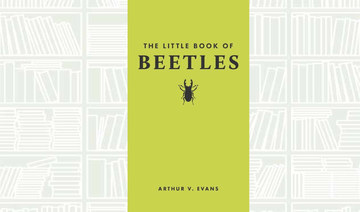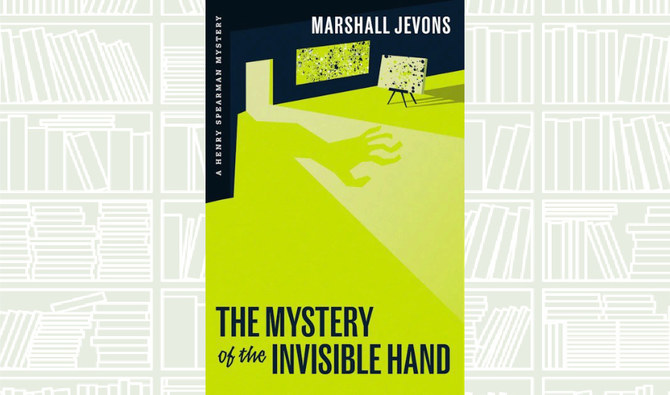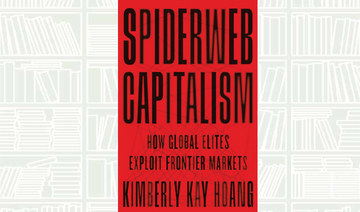BEIRUT: Today, there are over 2.6 million Muslims in the UK, and 1.8 billion worldwide, yet the language of the Qur’an, Arabic, is not widely spoken. This fact frames the central theme of “British Muslims: New Directions in Islamic Thought, Creativity and Activism,” that Muslims in Britain, and across the world, are using the English language to interpret Islam in new ways.
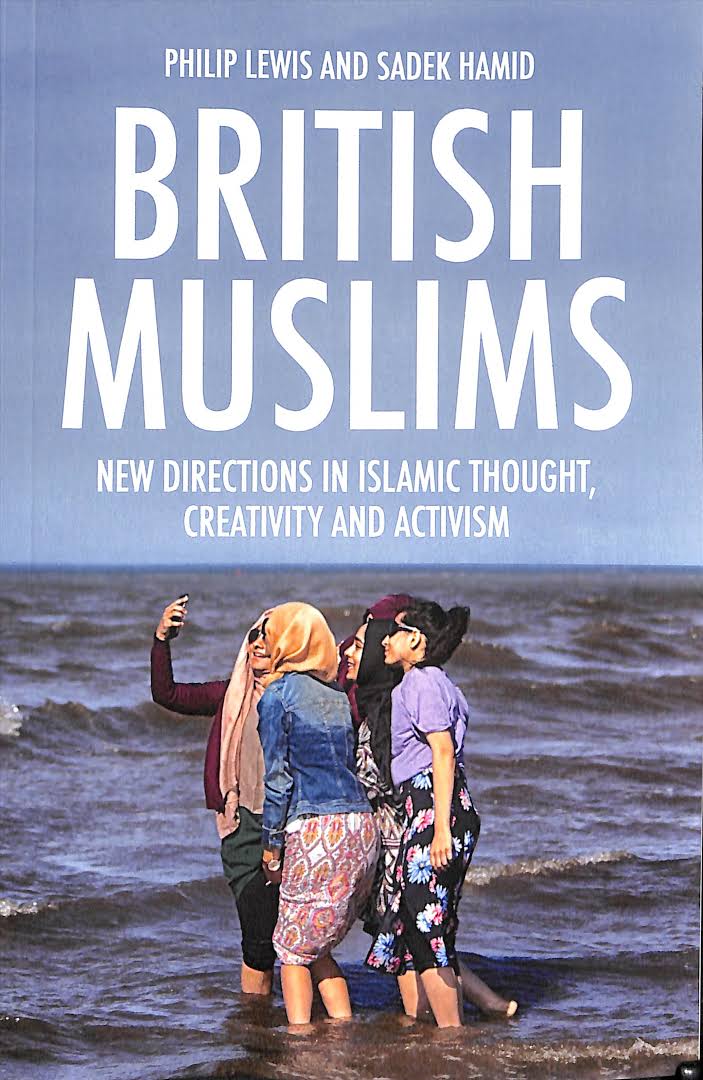
The authors, Philip Lewis and Sadek Hamid, share some startling data, challenging the notion that Islam is an insular, tight-knit community. The increasing number of single households and lone-parent families in the British Muslim community is startling. Either through legislation or culture, traditional arranged marriages are failing, and concerned Muslims are questioning the wisdom of bringing spouses from abroad due to cultural barriers between Muslims born in the East and the West.
From the changing role of women, to the challenge of radicalization and the emergence of “New Muslim Cool” this book shows how different generations in Britain have changed their approaches toward Islam. Increasingly, young Muslims are sacrificing religion for the sake of modernity, though that in itself has led to a counter-press of others rejecting modernity for religion. Between these two groups, a third is emerging: Muslims seeking to reconcile the two. Modern Muslim scholars, approaching the Qur’an in languages like English, find in Islam a new flexibility that allows them to explain and interpret with greater freedom, whilst keeping core tenets of the faith intact.
The book ends with an in-depth look at the emergence of a global generation of young, middle-class Muslims, known variously as “New Muslim Cool” or “Global Urban Muslims” (“Gummies”) who aspire to be “successful, influential and cool.” This aspirational group is made up of artists, entrepreneurs, trendsetters and role models, and has brought a constructive, refreshing change into Muslim communities long seen, especially through the prism of the British media, as stolid, closed, and even backward.
British Muslims are redefining their role in life as individuals and as a wider community, projecting a positive image that breaks through entrenched views in their own communities, and tackles established Islamophobia in wider British society. Lewis and Sadek’s scholarship is a timely commentary on this social change.


